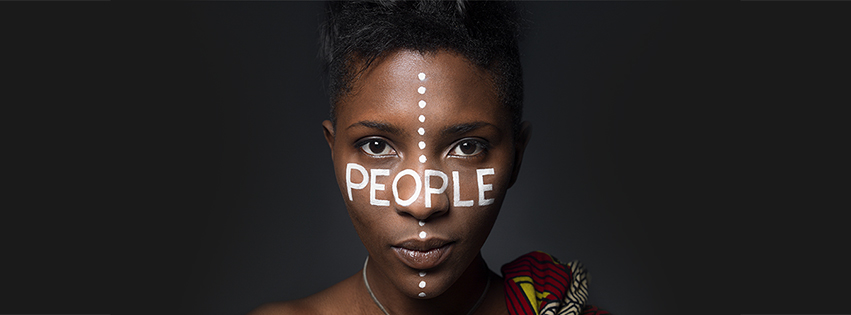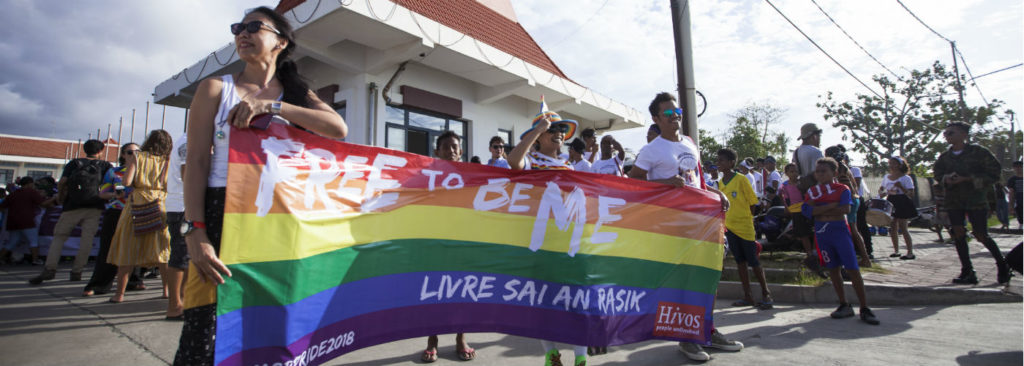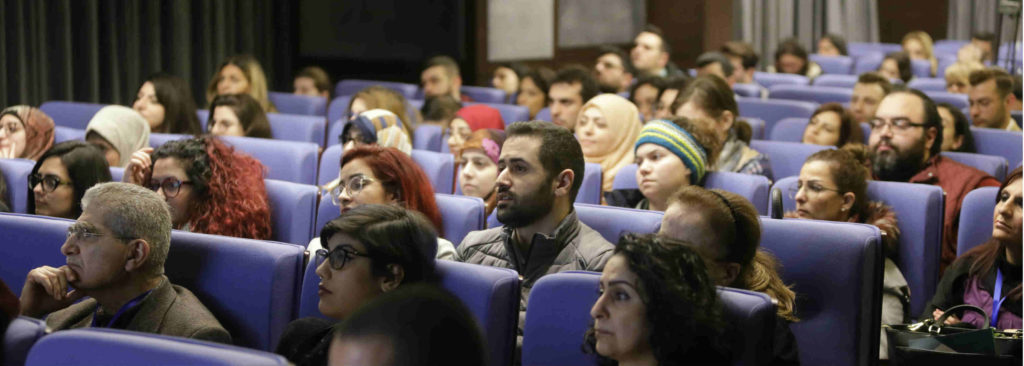Today’s High Court ruling against the petitions seeking to decriminalize Section 162 (A, C) and 165 of the Kenyan Penal Code is a huge step backwards from the fulfilment of human rights for all. These sections – remnants of Kenya’s colonial-era laws – consider homosexual acts a felony punishable by up to 14 years of imprisonment.
The Bill of Rights in Kenya’s 2010 Constitution states that every person has inherent dignity and the right to have that dignity respected and protected. But contrary to this explicit protection of the rights of every Kenyan citizen, lesbian, gay, bisexual and transgender (LGBT) citizens have long endured stigma, discrimination and often extreme forms of violence from society.
Historically, the continuous marginalization of LGBT persons has taken various avenues that still infringe on their rights today: fundamentalist religious leaders and politicians proposing homophobic laws; constant legal battles with government agencies to register LGBT organizations; bullying at school and the workplace, and sensationalist stories in the media.
In our view, this ruling validates a narrative that supports injustice against sexual and gender minorities in Kenya. Even worse, it ignores Article 27.4 of the Kenyan constitution, which states: ‘The state shall not discriminate directly or indirectly against any person on any ground.”
This is not just a loss for LGBT persons, but for all Kenyans whose diverse identities are a symbol of unique voices, capabilities and strength in contributing to the common good of a democratic society.
Now more than ever, civil society actors and allies need to join forces in challenging the Kenyan justice system to uphold human rights for all as enshrined in the Constitution.
Hivos will continue to work with allies to spearhead strategic litigation and create awareness around sexual orientation, gender identity and expression. Our advocacy will embrace innovative approaches such as working with the private sector to be inclusive in their business.in order to promote diversity and inclusion.
We believe that an ideal world guarantees freedom, diversity and equal opportunities for all. This is a world with room for diverse voices to be heard, respected and influence decisions that affect their lives. The recognition of equality gives space for everyone – regardless of their sexual orientation and gender identity – to freely be themselves and participate in society.



